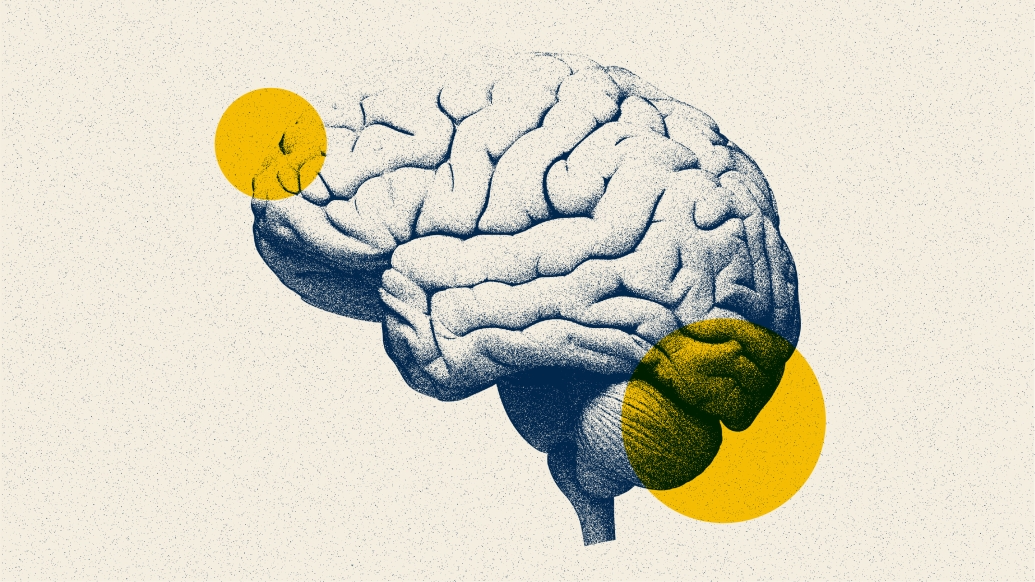Researchers highlight the importance of caregivers having conversations with care recipients and health care professionals about driving
5:00 AM
Author |

The majority of older adults with cognitive impairment are still driving, despite concerns raised by caregivers and others, a Michigan Medicine study in a South Texas community finds.
Researchers assessed more than 600 adults over 65 years old in Nueces County, Texas, who had cognitive assessment scores that indicated a likelihood of impairment.
Of those people with cognitive impairment, 61.4% were current drivers, and around one-third of all caregivers had concerns about their care-recipient driving. The results are published in the Journal of the American Geriatrics Society.
“It is likely appropriate that some with mild cognitive impairment are still driving, but for some it may not be,” said senior author Lewis B. Morgenstern, M.D., professor of neurology, neurosurgery and emergency medicine at University of Michigan Medical School and professor of epidemiology at the U-M School of Public Health.
“Patients and caregivers should discuss these issues with their health care providers and consider on the road driving evaluations to ensure safety.”
SEE ALSO: 1 in 10 older Americans has dementia
Approximately one in nine Americans aged 65 and older, or 6.7 million people, are estimated to live with Alzheimer’s disease and millions more have related dementias.
These conditions may affect neuropsychological and visual skills that reduce the ability to drive safely. A 2017 review of motor vehicle crash risk found that dementia had medium to large effects on driving impairment and that people with dementia have an increased likelihood of failing a road test compared to those without.
Investigators initially set out to study the driving prevalence of older Latino and non-Latino white adults, finding no significant differences between the two populations. However, the more cognitive impairment any individual had, the less likely they were to be driving.
SEE ALSO: What is frontotemporal dementia? A neurologist explains
Just over 35% of caregivers had concerns about their care recipient’s ability to drive safely, even though many study participants limited their total amount of driving and avoided driving at night or in the rain.
The discussions between caregivers and people with cognitive impairment about driving are difficult, with concerns over the loss of autonomy and potential embarrassment. When a person with cognitive impairment stops driving, that may also increase the workload of a caregiver.
Researchers say it’s best to start conversations surrounding driving earlier while the care recipient is able to understand and actively participate in the discussion.
“Close family may have discussions with aging loved ones about Advance Driving Directives,” Morgenstern said. “These are agreements between an aging person and a loved one about having conversations about driving cessation.”
Click here for more information from the NIH on safe driving for older adults.
Additional authors include Madelyn Malvitz, Darin B. Zahuranec, M.D., Wen Chang, Steven G. Heeringa, Ph.D., Emily M. Briceño, Ph.D., Roshanak Mehdipanah, Ph.D., Deborah A. Levine, M.D., Kenneth M. Langa, M.D., Ph.D., Nelda Garcia, all of University of Michigan, and Xavier F. Gonzales, Ph.D., of Texas A&M, Corpus Christi.
This research was supported by the National Institute of Neurological Disorders & Stroke and the National Institute on Aging at the National Institutes of Health (grants R01NS100687, R01AG069148, and P30AG024824)
The content is solely the responsibility of the authors and does not necessarily represent the official views of the National Institutes of Health.
Kenneth M. Langa receives grant funding from the NIA and Alzheimer's Association and consults on NIH-funded projects related to identifying dementia in population-based studies. Lewis B. Morgenstern, Emily M. Briceño, Roshanak Mehdipanah, Deborah A. Levine, Darin B. Zahuranec, and Steven G. Heeringa receive grant funding from the NIH.
Paper cited: “Driving predictors in a cohort of cognitively impaired Mexican American and non-Hispanic White individuals,” Journal of the American Geriatrics Society. DOI: 10.1111/jgs.18493

Explore a variety of health care news & stories by visiting the Health Lab home page for more articles.

Department of Communication at Michigan Medicine
Want top health & research news weekly? Sign up for Health Lab’s newsletters today!





